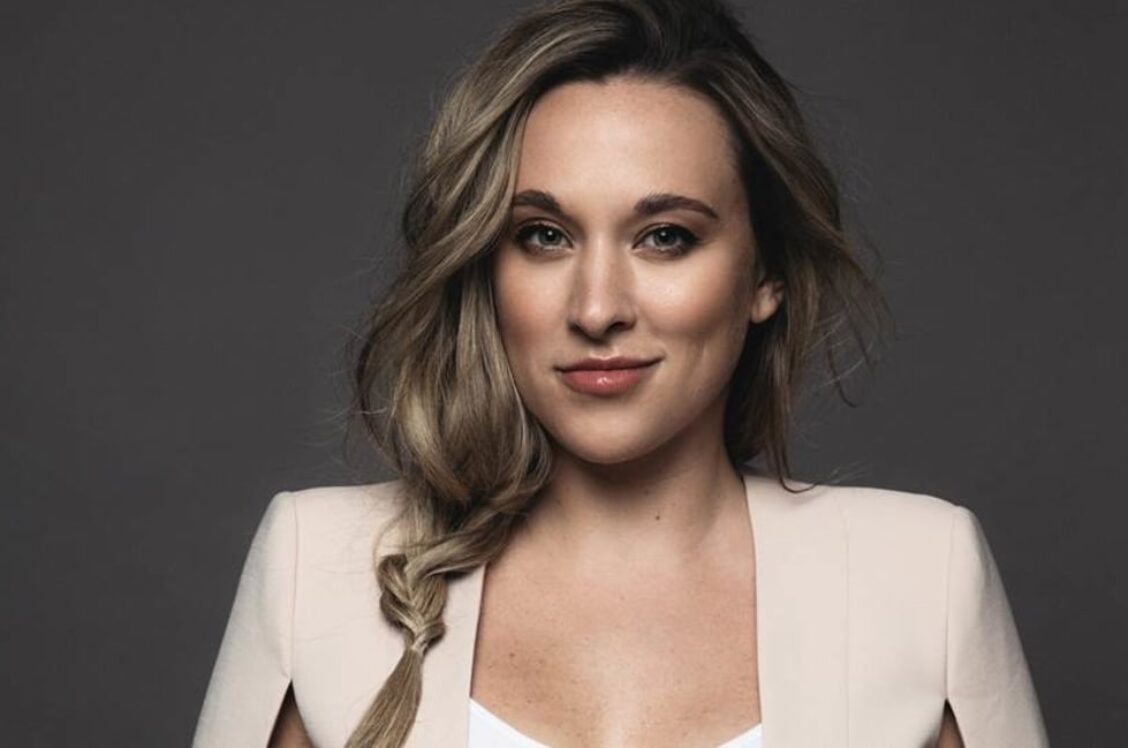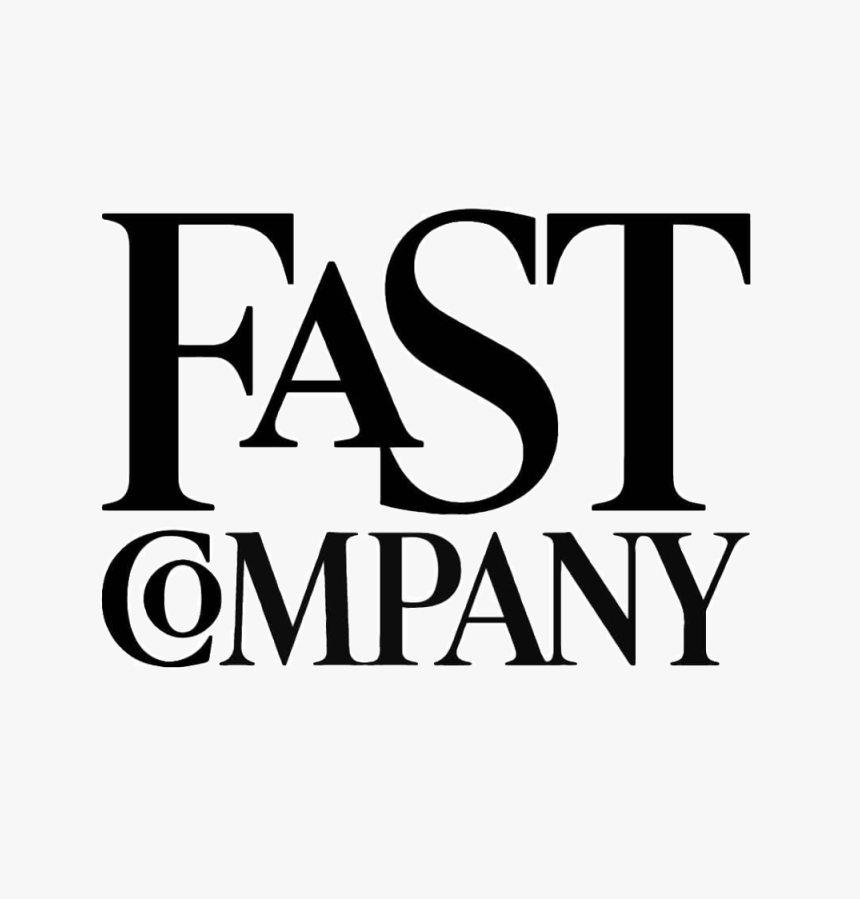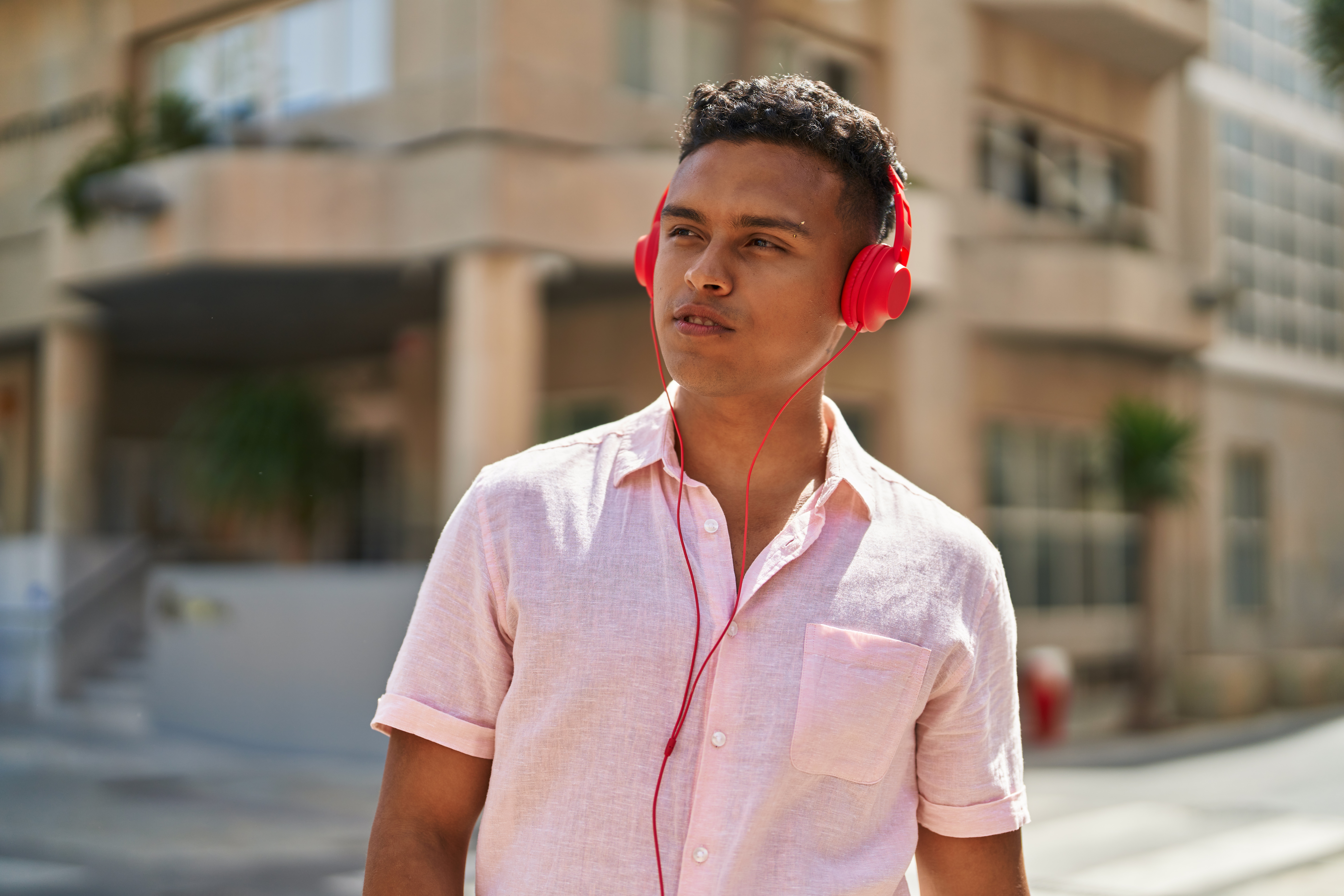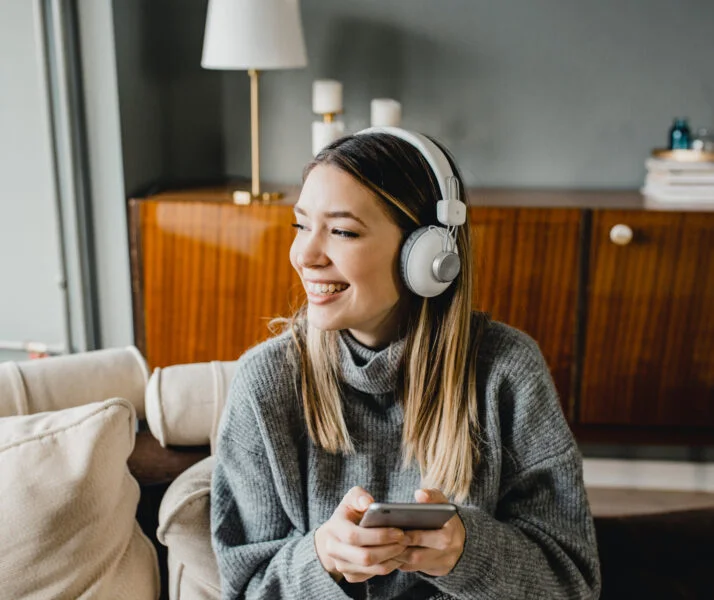

For podcast creators and executives, building a successful show and production company starts with a great idea and the talent to connect with listeners. Take Ashley Flowers, for instance. When she launched the podcast Crime Junkie in 2017 with her co-host, Brit Prawat, she didn’t have designs on becoming one of the top shows in the ever-expanding podcast universe. “When we started, we were very small,” she says. “We had no following. And for six months, there were no advertisers—it was just us.”
But Flowers and Prawat kept recording episodes, treating each show as an opportunity to sit down with a best friend and dive into the macabre world of true crime. Flowers kept her day job in software sales, and gave herself a year to get Crime Junkie on solid financial ground. “I burnt through my whole life savings starting the podcast,” she says. “We needed advertisers to keep it going and make it an actual sustainable business.”
Fortunately, advertisers increasingly are embracing podcasts and seeking out partnerships with shows big and small. “It’s really exciting that we live in a world where we have this opportunity for people to be creative in ways that they never expected before and to see a financial return on that,” says Tony Carnevale, creative director of Ad Results Media, the world’s leading audio and podcast advertising agency. “And for advertisers, it’s a huge opportunity to be able to engage with an audience on a level that we’ve really never seen before.”
It took six months for Crime Junkie to land its first advertiser. More followed—lots more. And not only for Crime Junkie but also for all of the podcasts Ashely has launched through audiochuck, the independent media and podcast company she founded four years ago (and also serves as CEO). Flowers has learned a lot about what it takes to build strong and lasting relationships with advertisers and how top podcasts such as Crime Junkie can offer a unique appeal to brands they partner with. Here, she discusses the role that personality plays in developing podcasts that are successful to listeners and advertisers alike.
WHAT WAS IT LIKE TO START WORKING WITH ADVERTISERS?
Ashley Flowers: I had no experience with advertisers but, honestly, I think that gave us a leg up. I think it’s why so many of our advertisers have stuck with us for so long, and why our listeners are so responsive to our ads. I wasn’t a person who was used to someone paying me to say their name or use their product. If I was going to support a brand and recommend that brand to my listeners, it was really important for me to only be recommending stuff that I would spend my hard-earned money on when I was living paycheck to paycheck. That’s been my and Brit’s thinking since day one.
NOW THAT YOU HAVE A LONG LIST OF ADVERTISERS, HOW DO YOU MAKE SURE EACH OF THOSE BRANDS ALIGNS WITH YOUR VALUES?
We still ask ourselves, “Would we spend our money on this?” And we’d be upset if our listeners came back to us and said, “I can’t believe you’d put you name on this.” We’ve invested in keeping that mindset. We have a full-time person who coordinates all of our ads. That person will do a little big of background research and let us know if there are any red flags. We want to make sure we’re not just saying, “Yes, yes, dollars!”
DO YOUR LISTENERS GIVE YOU FEEDBACK ON THE ADS ON CRIME JUNKIE?
We get emails and DMs all the time with somebody saying, “I got this because you said this,” or, “Oh my gosh—I got this product and use it the same way!” Brit and I are two best friends talking and the person on the other end is our third best friend. So, it has always been organic for me to talk to [the listener] the way I would a friend, and they care about the products that I’m using because they care about me.
Here’s an example: We had a jewelry company as an advertiser several months ago. It was a short campaign, and we hadn’t run the ad in a long time. But I had talked about this specific piece of jewelry that I bought. Then a few months later, I took a picture when I was on vacation and posted it on social media. I happened to be wearing this pinky ring—it was so tiny, and it wasn’t the focus of the picture. Yet I had so many people commenting about the ring, and remembering that it was the one I had talked about. They were asking for the link to the ring, and whether we still had a promo code. Not only are they listening, but they’re remembering this six months later. It blew me away.
ARE ADVERTISERS BETTER OFF PARTNERING WITH A SUCCESSFUL PODCAST SUCH AS YOURS COMPARED TO A SMALLER, LESS ESTABLISHED PODCAST?
Podcast advertising can be very successful with small shows. What’s beautiful about podcasting is you develop such an intimate relationship with your audience. They feel like they’re the third best friend, no matter if you have three people listening or 3 million. But with a larger podcast, we have a bigger listener base, and that base isn’t only listening, they’re also on our social media. We’ve got 150,000 people subscribed to our newsletter. And then there are diehards that are paying to be in our fan clubs. So, I think a bigger brand has a bigger reach.
I think Brit and I are extremely representative of the people that we are speaking to, and of the people that these advertisers are trying to reach. Brit and I are our own audience. That’s why we’ve been able to create the show that has tapped into an audience in a way that no other show has been able to do.
—
Link to original Fast Company article.


